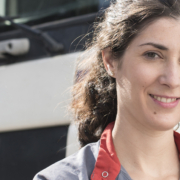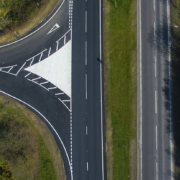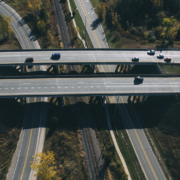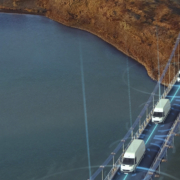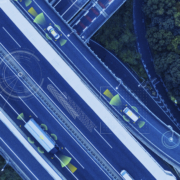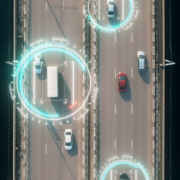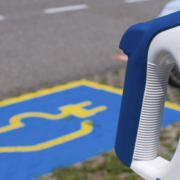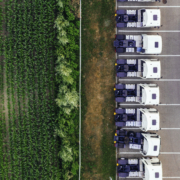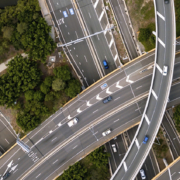Despite women occupying over 45% of all jobs in the EU, the percentage of women working in the transport sector is substantially less with numbers as low as 13% of the jobs in the road transport sector for example currently occupied by females. These numbers indicate the extent of the challenge that the transport sector faces in attracting more women to the many skilled and less skilled positions available despite the number of benefits that women bring to the workplace.
Si lo deseas te llamamos gratis
Si lo prefieres puedes llamarnos
+34 968 387 220
También puedes contactarnos por email
Ir al formulario de contacto

